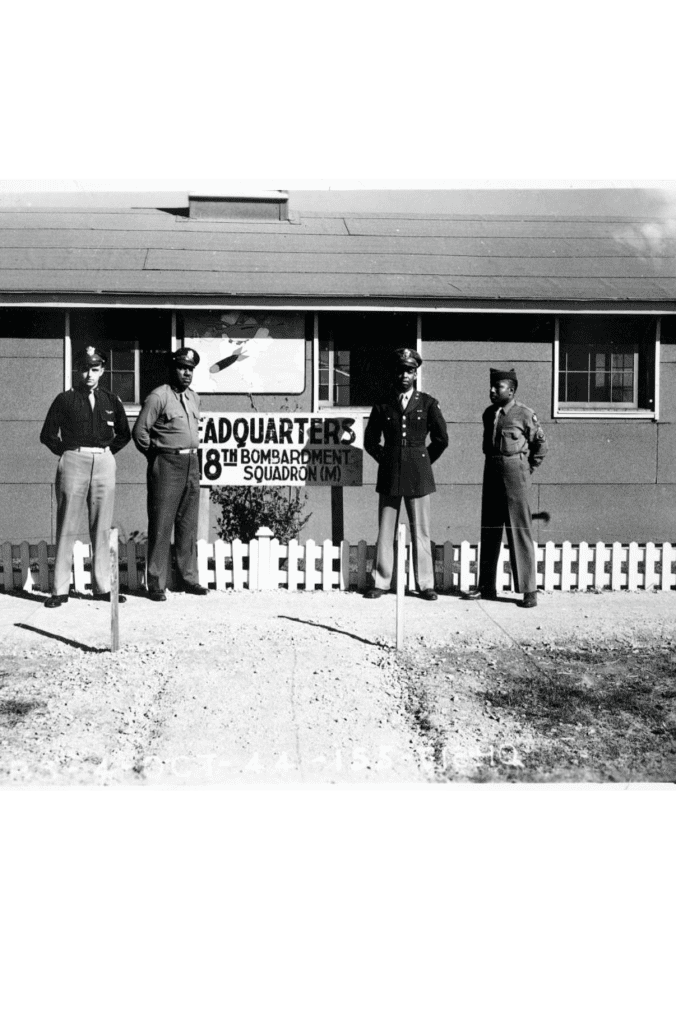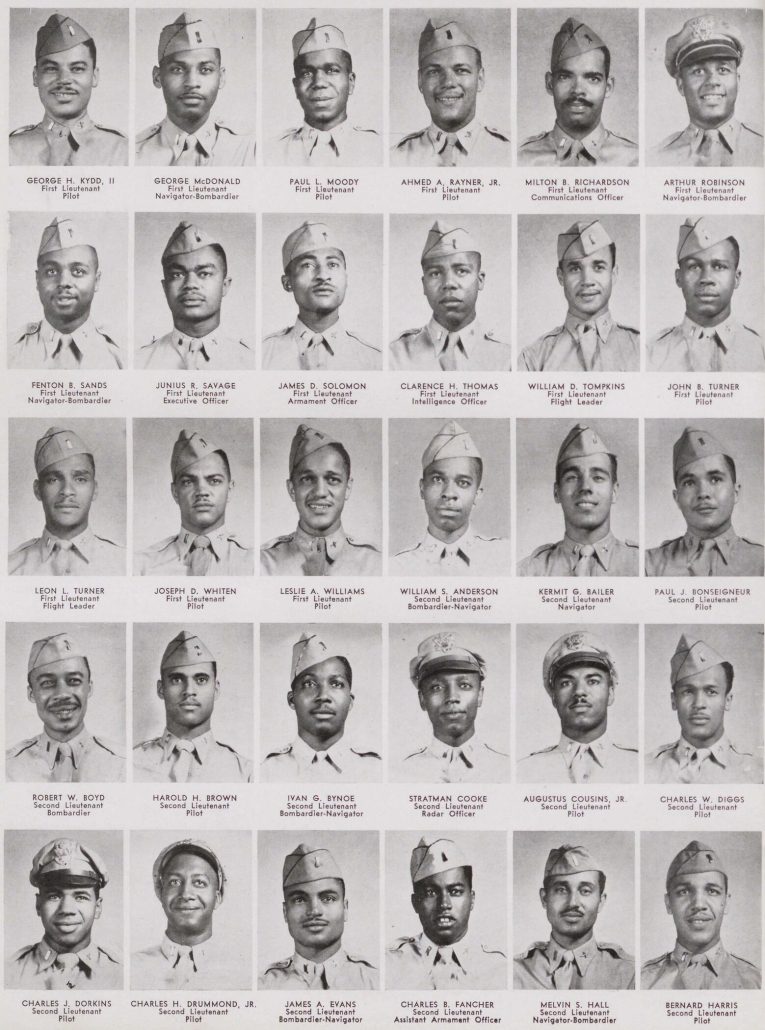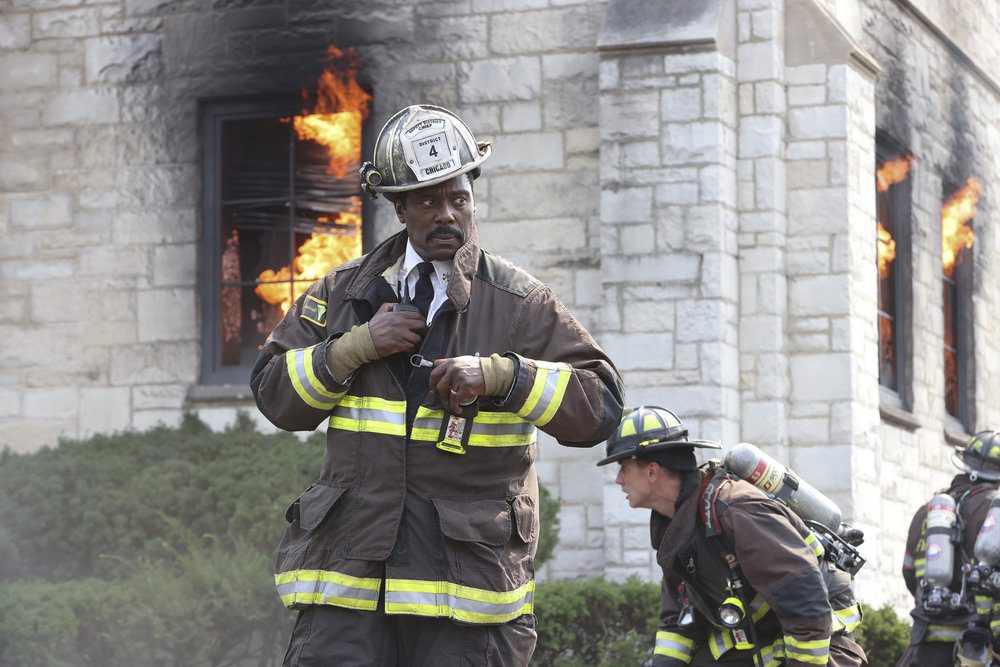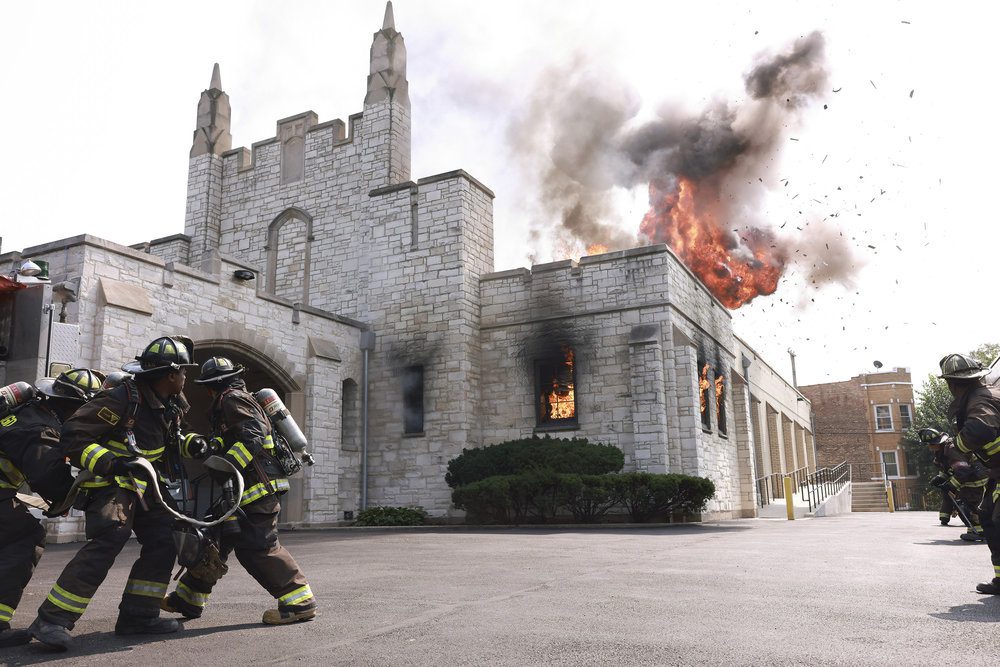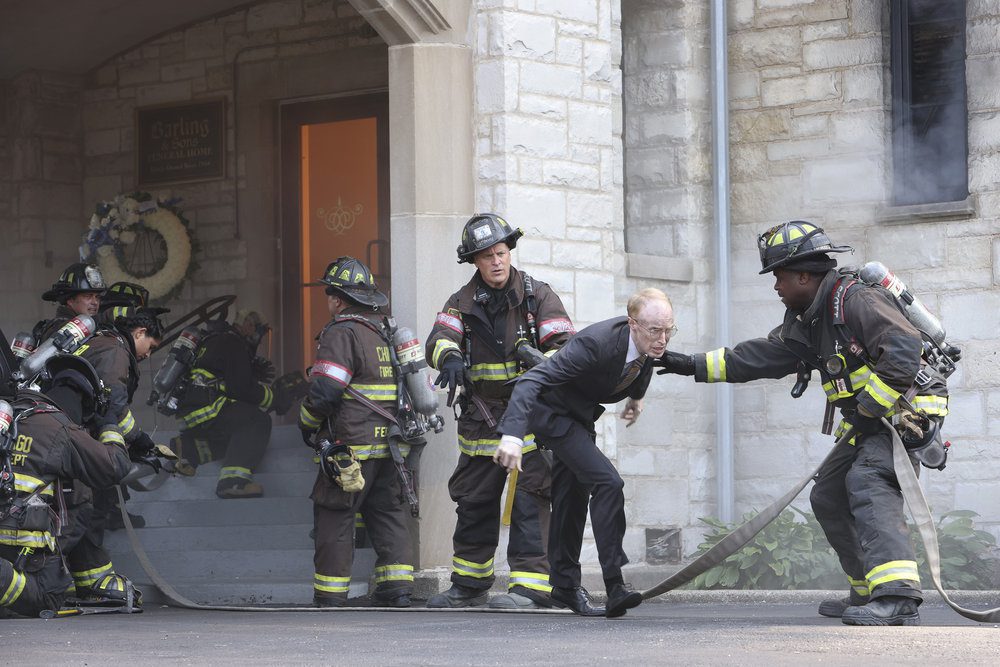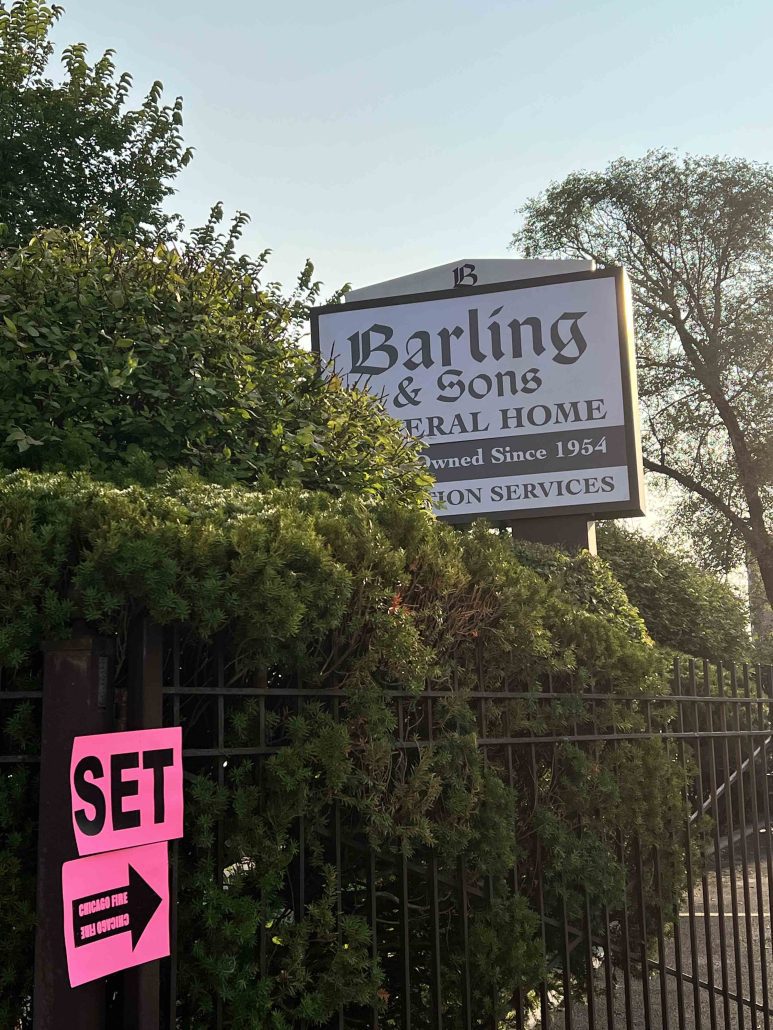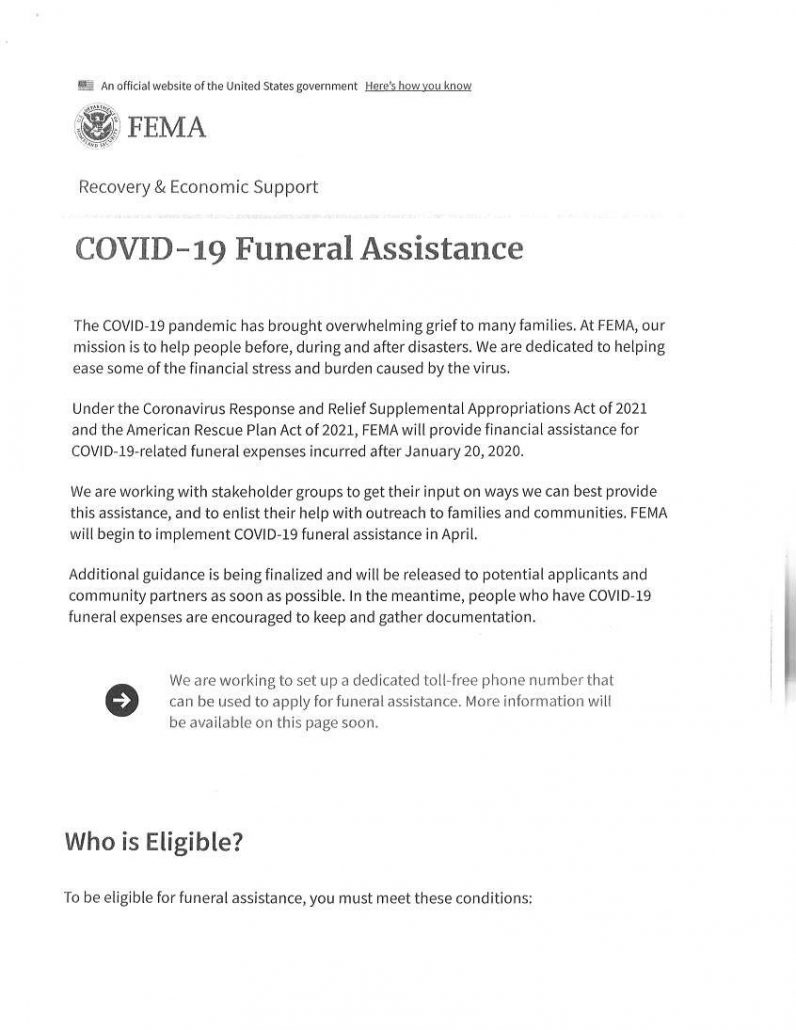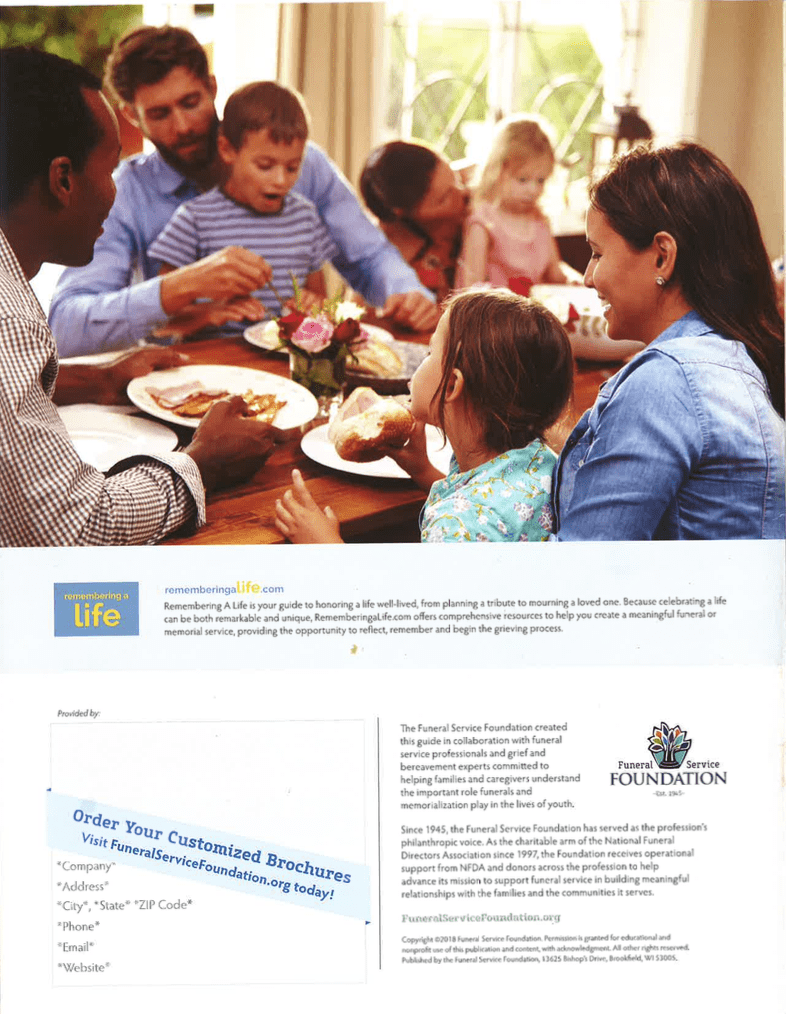Exploring Funeral Pre-Planning Options: Securely Mapping Your Final Wishes
Funeral pre-planning is a proactive step that allows you to make essential decisions about your end-of-life arrangements in advance. By taking control of your funeral plans, you alleviate the burden on your loved ones during an emotionally challenging time. In this comprehensive guide, we will delve into the various funeral pre-planning options available, empowering you to ensure that your final wishes are honored with care and precision.
Understanding Funeral Pre-Planning
Funeral pre-planning is about making decisions in advance about your funeral service, burial or cremation preferences, and related details. This helps relieve stress for your family since they won’t have to make tough decisions during their grieving period.
Financial Security: Pre-planning allows you to lock in current prices, potentially saving your family from future cost increases.
Personalization: You have the opportunity to customize every aspect of your funeral, ensuring it reflects your personality, beliefs, and values.
Funeral Pre-Planning Options
1. Pre-Paid Funeral Plans: These plans involve arranging and paying for your funeral in advance. Funds are typically placed in a trust or insurance policy, ensuring that the money is available to cover your funeral expenses when the time comes.
2. Funeral Insurance: Also known as burial or final expense insurance, this type of policy provides a designated payout to cover funeral costs. It’s a flexible option that offers financial support to your beneficiaries.
3. Online Funeral Planning Tools: Several online platforms offer tools that guide you through the pre-planning process. You can document your preferences, wishes, and even leave messages for your loved ones.
Steps to Effective Funeral Pre-Planning
1. Research and Compare: Take time to research various pre-planning options and compare their features, benefits, and costs. Make sure you understand the terms and conditions associated with each choice.
2. Consult a Professional: Consider consulting a funeral director or financial advisor to gain insights into the pre-planning process. They can provide expert guidance tailored to your individual circumstances.
3. Document Your Wishes: Clearly outline your funeral preferences, including burial or cremation, type of service, music, readings, and any personal touches you desire.
4. Communicate With Family: Inform your family and loved ones about your pre-planning decisions. Provide them with access to the relevant documents, so they know your wishes are recorded.
Flexibility and Changes
It’s important to recognize that life circumstances can change over time. Fortunately, many pre-planning options offer flexibility.
Updating Plans: You can typically update or modify your pre-planned arrangements to align with any changes in your preferences or circumstances.
Transferring Plans: Some pre-paid funeral plans can be transferred to another funeral home if you relocate or have a change of heart.
Legal Considerations
When engaging in funeral pre-planning, be aware of the legal aspects involved:
Will and Testament: Ensure that your pre-planning choices are also reflected in your will to avoid confusion or conflicts.
Designated Beneficiary: If you opt for funeral insurance, clearly designate the beneficiary who will receive the payout to cover your funeral costs.
Final Thoughts
Funeral pre-planning is a thoughtful and considerate way to alleviate the emotional and financial burden on your loved ones. By exploring various options and making informed decisions, you can rest assured that your final wishes will be honored, and your family will be well-supported during a difficult time.
In a world where uncertainty is inevitable, pre-planning provides a sense of control and peace of mind, allowing you to create a meaningful farewell that reflects your life, values, and legacy.


